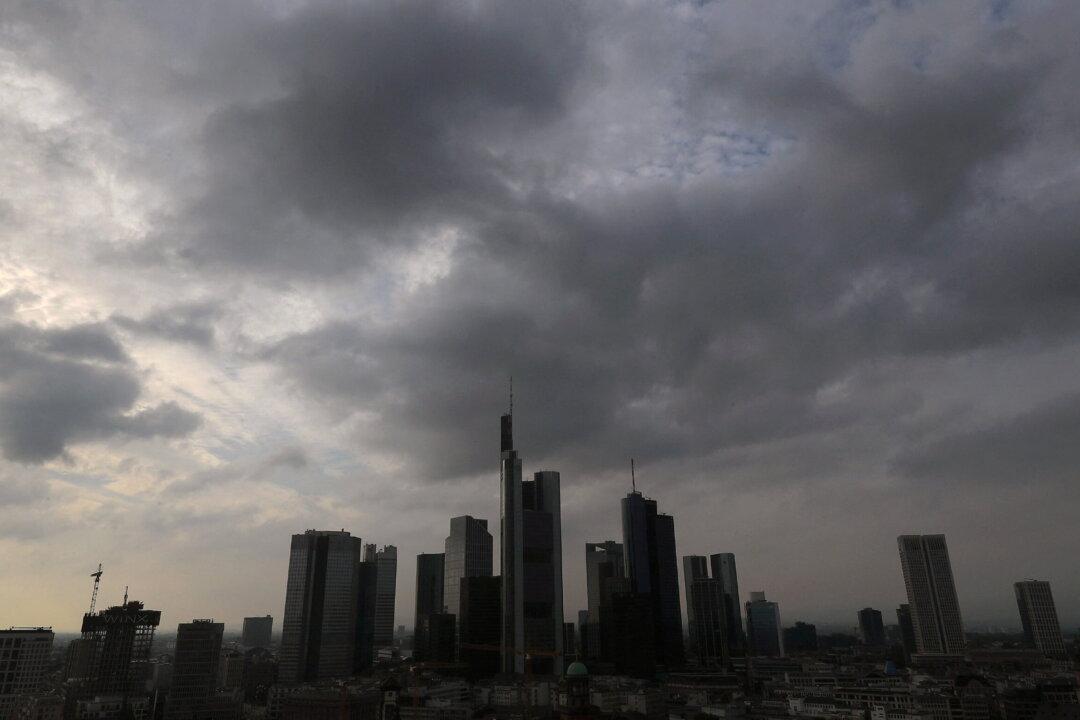LONDON—European bank stocks tumbled again on Monday as more financial firms cut ties with Russia and others braced for further impact from the country’s invasion of Ukraine.
Lenders and investors with links to Russia have been cutting ties to the country as Western sanctions have been brought to bear, while others have sought to reassure their shareholders that the direct impact could be contained.





